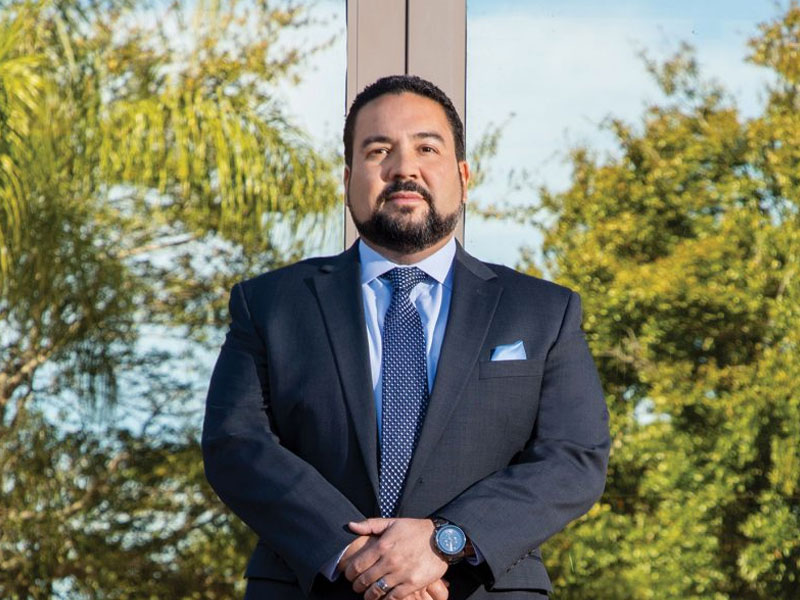Gestational surrogacy relationships (where a woman agrees to carry an embryo genetically unrelated to her and gestate same to term) has become an increasingly mainstream path to family creation in recent years. Many are surprised to learn that a significant number of states have enacted laws recognizing surrogacy. Even more notable, both traditionally “blue” and “red” states have embraced this legislation, reflecting a bipartisan shift toward broader acceptance. Family creation through IVF and gestational surrogacy is therefore slowly becoming more widely accepted by the public at large.
This trend underscores the essential role surrogacy plays in modern society: it allows individuals and couples, regardless of marital status or sexual orientation, to pursue their dream of parenthood while maintaining a genetic connection to their child. But there are three predominant factors which impede the growth of gestational surrogacy as whole.
Shortage of Gestational Carriers
The first is the scarcity of women willing and medically qualified to serve as a gestational carrier. The reasons for this shortage are complex. But as more women become informed of the tangible and intangible benefits of becoming a gestational carrier the gap between those seeking to create their families through surrogacy and those willing to fill the all-important and vital role of serving as a gestational carrier will narrow.
The High Cost of Surrogacy
The second factor is purely economical – gestational surrogacy is an expensive endeavor. For example, the cost of gestational surrogacy can easily range from $120,000 to $150,000 and more between fertility clinics fees, medical costs during pregnancy and birth, the fees for consultants or agencies who assist those in connecting willing parents and gestational carriers, and legal fees associated with drafting the surrogacy contract and handling the court required parentage process to confirm the child born to the gestational carrier is legally that of the parents. If the parents also require the use of donated gametes (such as egg or sperm) the cost can increase even further to a range between $150,000 and $200,000 or more.
Health insurance policies typically do not cover third-party reproduction medical services (although this is slowly changing). Some large employers, however, are starting to offer assistance to defray these expenses through fertility and surrogacy benefits as part of employee retention strategies. Still, these programs rarely cover the entire cost, leaving intended parents to shoulder significant out-of-pocket expenses. Gestational surrogacy thus remains financially out of reach for many families, though employer-sponsored benefits are gradually expanding and paving the way for broader access.
Lack of Public Education
The third factor is the lack of education generally available to the public at large regarding surrogacy. A quick online search of information often yields more criticism than support from those who demean and even demonize such relationships. After all, bad news typically sells in media, not good news. But these articles and social media postings ignore the thousands of successful and beautiful surrogacies that occur in the United States every year (not to mention worldwide).
Compounding this issue is that most individuals desiring to create their family through surrogacy are very reluctant to publicly share their story. And understandably so. As an advocate and attorney for those seeking to create their families through surrogacy, I very often come across families who are ashamed they cannot conceive naturally and desire to avoid the perceived stigma associated with same. For others it is about protecting their child from invasive questions or judgments.
This silence allows stigma and misconceptions to persist. Critics argue from various perspectives: some claim surrogacy exploits vulnerable women; others raise religious or ethical objections. Yet, these arguments often ignore the safeguards in place when surrogacy is handled ethically, with medical oversight and experienced legal counsel. With proper protections, surrogacy provides a safe and empowering experience for both the intended parents and gestational carriers.
The Compassionate Side of Surrogacy
Beyond the laws, logistics, and costs lies the heart of surrogacy: the human stories. When done properly, gestational surrogacy serves as an important bridge to those seeking to grow their families while maintaining a genetic connection to their child. Education and utilizing skilled professionals experienced in third-party reproduction is critical to ensuring a successful surrogacy journey and protecting all parties involved – the parents and the gestational carrier.
I have personally been privileged to assist hundreds of parents create their families through surrogacy. I have also worked closely with the extraordinary women who voluntarily serve as gestational carriers. Many carriers shared their decision was inspired by knowing someone personally who struggled to conceive. Their commitment is not primarily financial; it is about giving another family the priceless gift of parenthood. Their motivations consistently reaffirm one truth: surrogacy is grounded in generosity and empathy. These stories are rarely told publicly, yet they are powerful reminders that surrogacy is not a transactional arrangement, but rather a profound human act of compassion.
Moving Forward
For society to fully embrace surrogacy we must continue to promote education and foster understanding. Policymakers, healthcare providers, and legal professionals skilled in third-party reproduction all play a critical role in creating a safe and supportive framework. Equally important, the voices of parents and gestational carriers must be amplified. By sharing more success stories, they can help normalize surrogacy and inspire confidence in others considering this path.
Surrogacy should be recognized for what it is: a bridge to family creation, a process that combines medical science, legal protection, and above all, human compassion. While barriers remain, progress is underway. With continued education, improved affordability, and the courage of those willing to share their journeys, surrogacy will become an even more accessible and celebrated option.
In closing, let’s consider that surrogacy is not simply a medical or legal process, rather a deeply human one, built on altruism, guided by professionals, and sustained by the universal desire for family. By addressing the challenges of cost, access, and education, we can help ensure that more families have the opportunity to experience the joy and hope that surrogacy makes possible: family creation.






